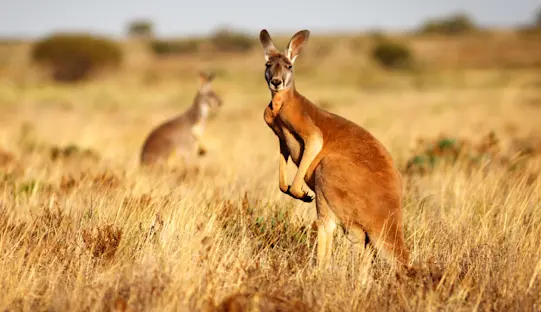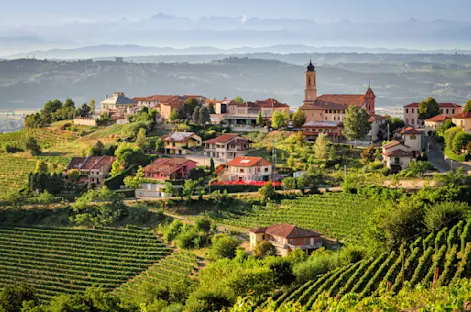Meals & Drinks on Your Croatia & Slovenia Adventure
Natural Habitat Adventures sources sustainable food whenever possible. We do this by considering food sourcing, fair labor and ethical harvest, and actively making choices on the most sustainable options for meals. In addition to monitoring current regulations and recommendations, we proactively seek out new opportunities in the world of food sustainability.
TRADITIONAL CUISINE
Croatian traditional cuisine varies from one region to another, but in general it incorporates homegrown vegetables, fresh homemade bread, wine, pasta, olive oil and fresh fish/seafood. Coastal areas draw upon culinary influences of Italian and other Mediterranean cuisines which prominently feature seafood, cooked vegetables and pasta, as well as condiments such as olive oil and garlic. The continental cuisine is heavily influenced by Hungarian, Austrian and Turkish culinary styles. In that area, meats, freshwater fish and vegetable dishes are predominant.
Slovenian cuisine is noteworthy in its diversity, as there is a quite a bit of variation among regions, each with its own local specialties. The influence of neighboring countries is evident, with unique spins on Italian pasta dishes, eastern European-style meat stews, and Austrian pastries.
WINE
There are three main wine-producing regions in Croatia. The continental region in the north-east of the country, especially Slavonia, is capable of producing premium wines, particularly whites. Along the north coast, Istrian and Krk wines are similar to those produced in neighboring Italy, while further south in Dalmatia, Mediterranean-style red wines are the norm.
Slovenia is located in the middle of Europe’s wine-growing region and has been recognized as one of the world’s top producers of quality wine. It has three wine regions, each with its own diverse selection of varieties.
THE HISTORY OF HONEY
The specialties of the Istrian Peninsula revolve around honey, wine and truffles. Families hand down traditional methods of harvesting the latter and local restaurants offer pasta and seafood dishes featuring the subterranean delicacy.
Istrian honey is recognized by both Croatia and Slovenia as a protected product. The nectar has a distinct flavor taken from the Acacias, sage, bay, chestnut, heather, linden and native wildflowers that grow inland and along the coast.
Beekeeping is part of the conservation ethic in Slovenia. Passed down from generation to generation, one out of every 200 people maintains hives. Honey, beeswax, confections and mead all find their way into daily life here. The country successfully lobbied for World Bee Day, occurring on the birthday of Anton Janša, considered to be the father of modern-day beekeeping. During the COVID-19 lockdown, beekeepers were classified as essential workers, letting them travel freely to tend to their hives.
RESTAURANTS/BARS
For guests traveling independently in Croatia and Slovenia before or after the adventure, tipping is expected in local restaurants and bars; 15–18% is appreciated if you feel you have received excellent service.
Visit Sustainable Farms on These European Adventures

The Cotswolds: Exploring English Nature
Wander ancient beech forests and wildflower meadows, follow hedgerows and trout-filled streams, tour private gardens and meet artisan food producers, in an idyllic landscape with a focus on native habitats and conservation.

































